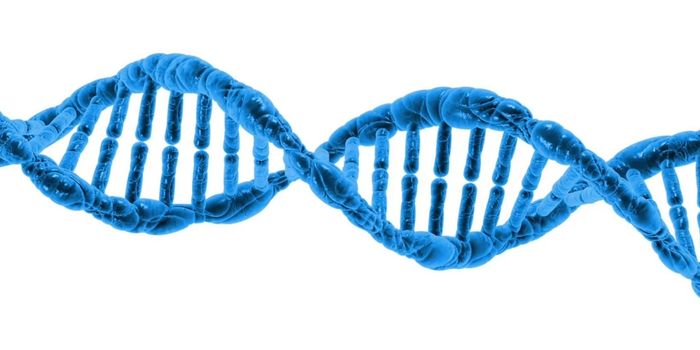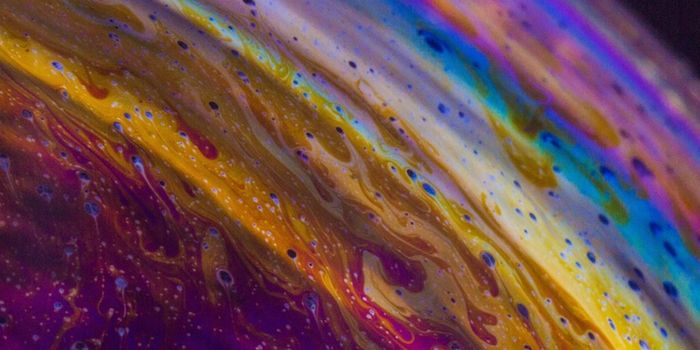Why do Mosquitoes Prefer People?
Mosquitoes are irritating and cause itchy bites that can disrupt our outdoor activities. They also spread deadly diseases like malaria, which killed around 438,000 people in 2015; Zika, which can cause birth defects; and dengue fever, the incidence of which has increased 30-fold in the past three decades. According to the Centers for Disease Control and Prevention, everyone is considered to be at risk of mosquito bites. Researchers are working to learn more about mosquitoes to combat their impact; they are considered one of the deadliest animals in the world.
Mosquitoes are known to hunt for their human blood meals by smelling for them, as well as seeing their targets and feeling body heat.
Researcher Carolyn "Lindy" McBride, an assistant professor of ecology and evolutionary biology at the Princeton Neuroscience Institute studies several types of mosquitoes that carry disease. She wants to know more about how they can tell humans from other animals so easily, and studies behavior, genetics and brain function in mosquitoes that bite people and carry Zika virus, as well as a mosquito of the same strain that doesn’t prefer humans.
"It's the specialists that tend to be the best disease vectors, for obvious reasons: They bite a lot of humans," said McBride.
She is interested in examining the hundred or more chemicals that human odor is made up of to understand how mosquitoes interpret them. Many of these chemicals are also part of the scents of other animals too, but they are present in different levels. "Not any one of those chemicals is attractive to mosquitoes by itself, so mosquitoes must recognize the ratio, the exact blend of components that defines human odor," explained McBride. "So how does their brain figure it out?"
If we can identify the mixture of compounds that attracts mosquitoes, we can use that against them to lure them into traps or find ways to block the signal from the odor. However, testing mosquitoes to see what they prefer can be laborious. One way of doing so is demonstrated in the video, in which a human is tested to see how attractive he is to mosquitoes.
There is evidence that shows that mosquitoes prefer some people over others, which may be because of differences in how people smell. Scientists can look at how a trait appears in twins that share the same genes to see whether that trait is genetic, but that is much harder to do with mosquitoes. They like everyone, so researchers tested how attracted mosquitoes were to sets of identical twins versus fraternal twins. The mosquitoes’ attraction was more closely correlated in twins with identical genomes, suggesting that the insects’ preference for certain people may be due to genetics. That research is outlined in the video.
A graduate student in the McBride lab is taking a different approach; Zhilei Zhao is investigating neuronal function in mosquito brains to see how they select a target.
"What combination of neural signals in the brain cause the mosquito to be attracted or repelled?" McBride asked. "If we can figure that out, then it's trivial to screen for blends that can be attractive or repellant. You put the mosquito up there, open up its head, image the brain, pop one aroma after another and watch: Does it hit the right combination of neurons?"
While this work may yield promising results one day, for now, we’ll have to stick with using repellants to try to keep pesky mosquitoes from ruining our time outdoors.
Sources: Science Daily, Princeton University









